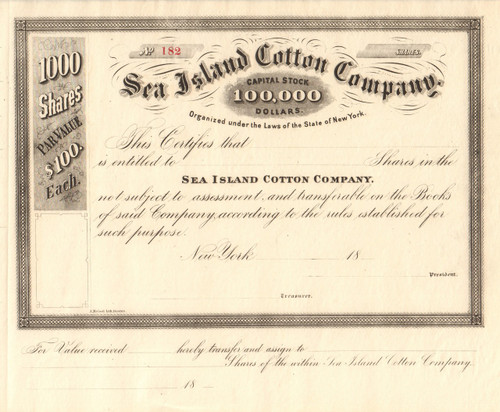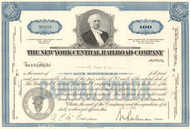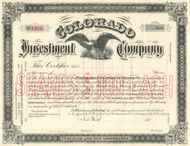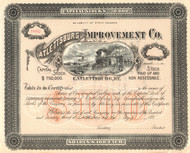Categories
Categories
- Home
- General
- General pre-1900
- Sea Island Cotton Company 1890's (New York)
Sea Island Cotton Company 1890's (New York)
Product Description
Sea Island Cotton Company stock certificate 1890's (New York)
Uncommon cotton collectible with detailed engraving throughout the certificate. Unissued and not cancelled. Circa 1890's from company records. Dated 18__.
Incorporated in New York but operated in Georgia, the company was under control of the Sea Island Cotton Association of Florida and Georgia to control planting and marketing of this desirable strain of cotton in order to maintain pricing. The association also sought to restrict selling of the sea island cotton seed to maintain its monopoly on the crop.
Sea Island Cotton - A very long staple cotton originally grown on islands off the coast of South Carolina and Georgia. It is now mostly grown in the Caribbean.
After the Revolutionary War, the British market for indigo disappeared, so planters needed a new product to grow on local plantations. The silky and highly-prized Sea Island Cotton boasted extra-long fibers that made the variety particularly desirable. William Elliott first imported a subvariety of Gossypium Bardadense to grow at Myrtle Bank on Hilton Head Island in 1790. The results were a higher quality cotton than previously existed in the American market.
Grown on the sea islands of South Carolina and Georgia, this strain of cotton served as an important part of the Beaufort economy. Beaufort became the wealthiest and most cultured town of its size in America because of the Sea Island Cotton crop.
The invention of the cotton gin by Eli Whitney in 1793 at Mulberry Plantation near Savannah helped increase the profitability of this growing industry even further. Many island planters treasured their particular strain of cotton seed, jealously guarding it and handing it down through the generations.
Between boll weevil infestations and the devastation of the Civil War, the Sea Island Cotton industry in the Low country became decimated. In almost a single season, the royal crop of the sea islands was wiped out, never to return.
 Loading... Please wait...
Loading... Please wait... 








